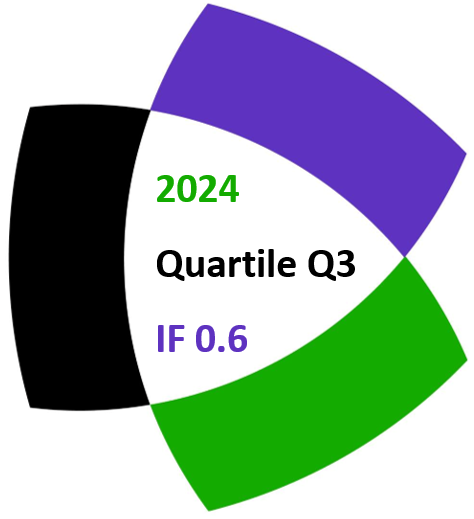Pinkimani Goswami and Madan Mohan Singh
Notes on Number Theory and Discrete Mathematics, ISSN 1310–5132
Volume 21, 2015, Number 4, Pages 48–55
Full paper (PDF, 95 Kb)
Details
Authors and affiliations
Pinkimani Goswami ![]()
Department of Mathematics, North-Eastren Hill University
Permanent Campus, Shillong–793022, Maghalaya, India
Madan Mohan Singh ![]()
Department of Basic Sciences and Social Sciences, North-Eastern Hill University
Permanent Campus, Shillong–793022, Maghalaya, India
Abstract
Consider the multiplicative group of integers modulo n, denoted by ℤ*n. An element a ∈ ℤ*n is said to be a semi-primitive root modulo n if the order of a is φ (n) /2, where φ (n) is the Euler’s phi-function. In this paper, we’ll discuss on the number of semi-primitive roots of non-cyclic group ℤ*n and study the relation between S(n) and K(n), where S(n) is the set of all semi-primitive roots of non-cyclic group ℤ*n and K(n) is the set of all quadratic non-residues modulo n.
Keywords
- Multiplicative group of integers modulo n
- Primitive roots
- Semi-primitive roots
- Quadratic non-residues
- Fermat primes
AMS Classification
- 11A07
References
- Lee, K., M. Kwon, M. K. Kang, & G. Shin (2011) Semi-primitive root modulo n, Honam Math. J., 33(2), 181–186.
- Lee, K., M. Kwon, & G. Shin (2013) Multiplicative groups of integers with semi-primitive roots modulo n, Commum. Korean Math. Soc., 28(1), 71–77.
Related papers
Cite this paper
Goswami, P., & Singh, M. M. (2015). On the number of semi-primitive roots modulo n. Notes on Number Theory and Discrete Mathematics, 21(4), 48-55.


